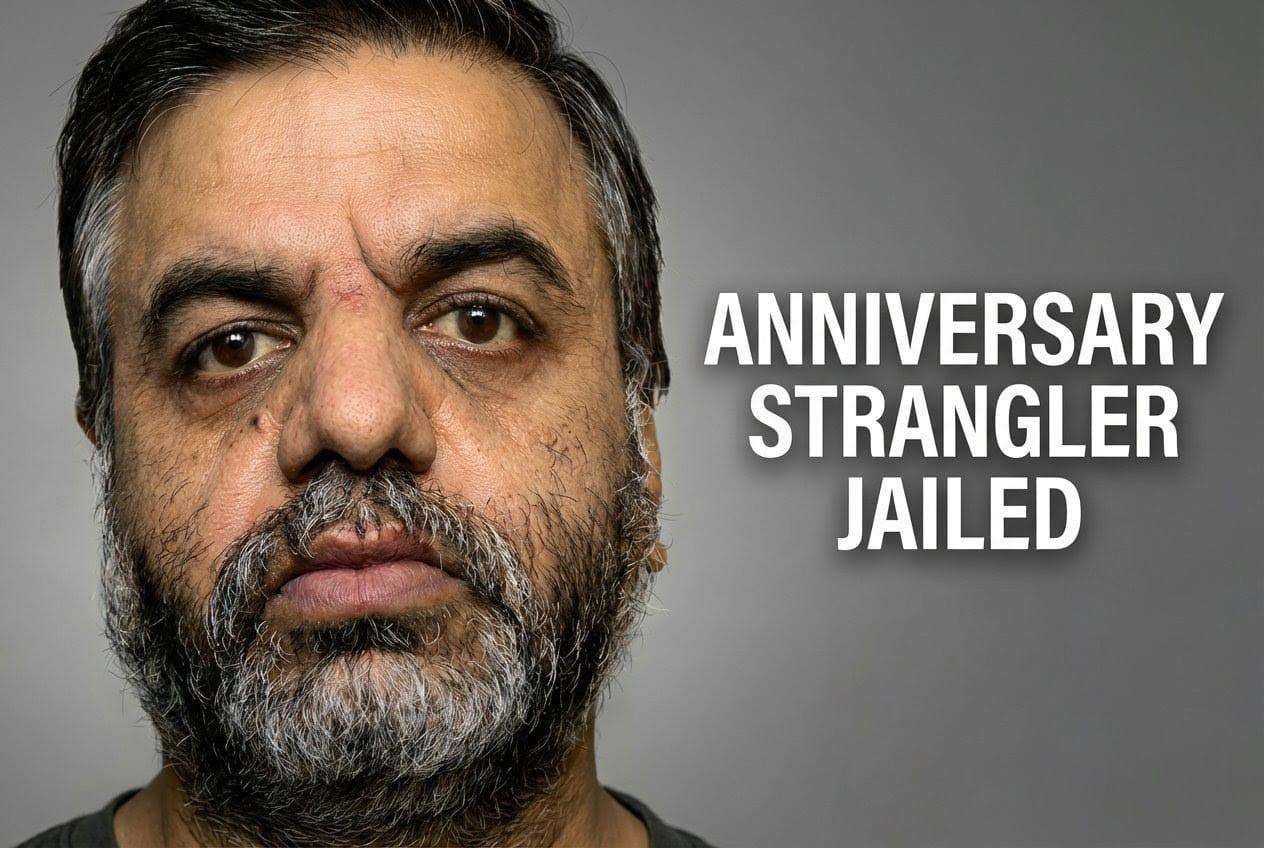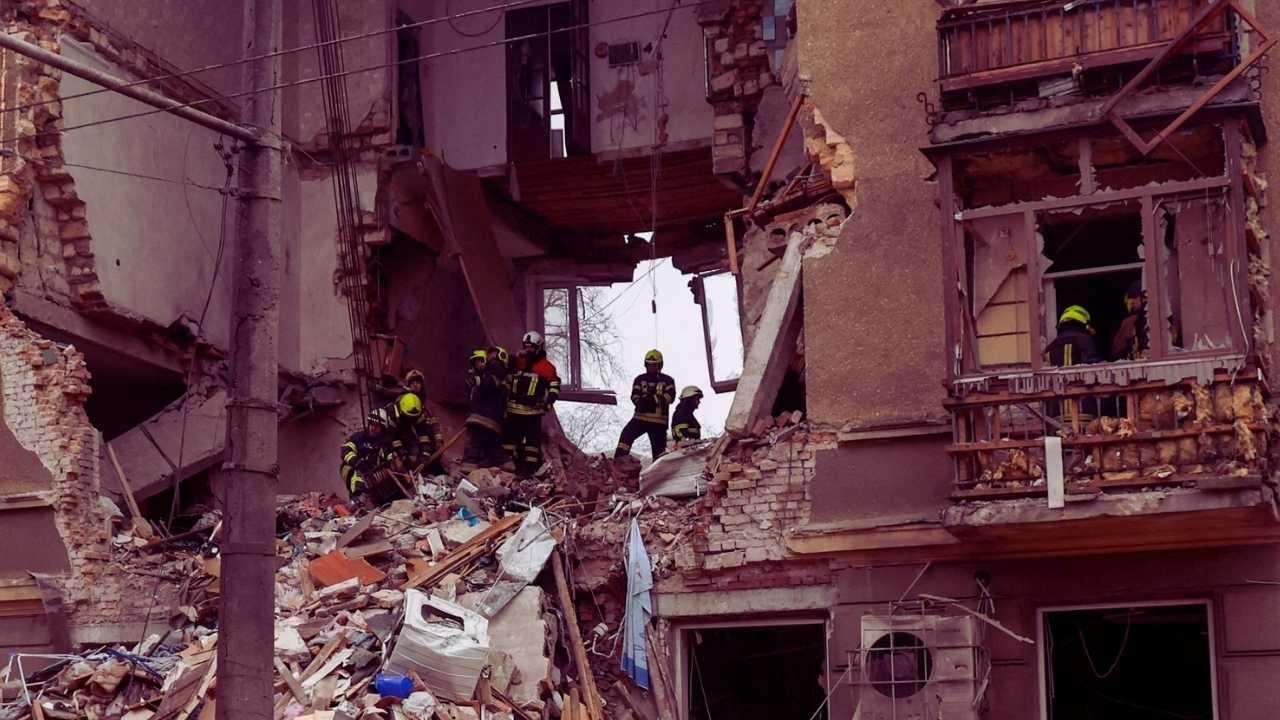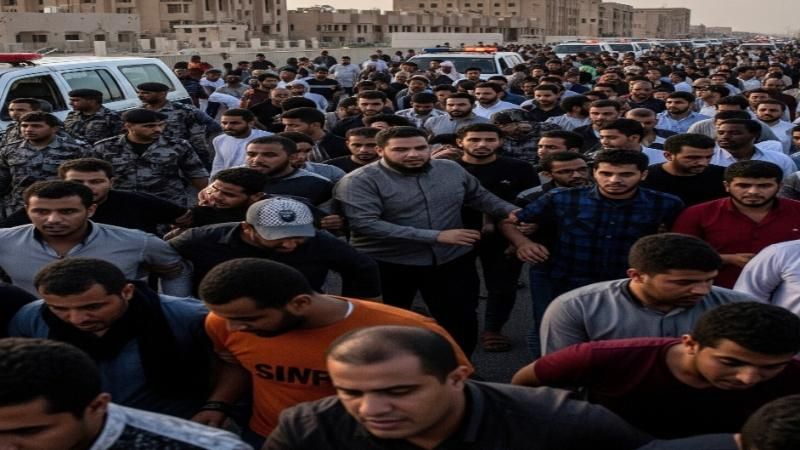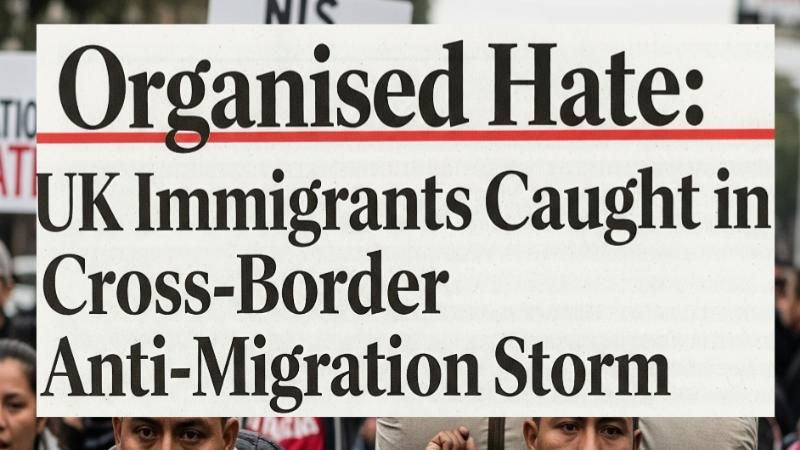In a move that has ignited a fierce debate about the UK's immigration priorities, it has been revealed that "diversity and inclusion experts" are currently eligible for skilled work visas, featuring on a temporary "shortage" occupation list. This revelation comes as the government grapples with its commitment to reducing net migration and ensuring the immigration system aligns with the nation's economic needs.
Alongside diversity and inclusion experts, the Home Office has also maintained visa routes for professions as seemingly niche as poets and bloggers, leading to criticism from those who argue the focus should be on importing workers crucial to the UK's ailing economy and public services, such as doctors, builders, and entrepreneurs, Daily Dazzling Dawn understands.
The inclusion of "equality and diversity manager" roles on the interim Temporary Shortage List (TSL), which falls under the broader skilled visa code for "human resources and industrial relations officers," has drawn particular scrutiny. These roles have become contentious in recent years, with some critics decrying them as a "plague" on the public sector. Indeed, reports indicate that the Civil Service alone has spent a staggering £27 million of taxpayers' money on diversity officers in a single year, with NHS trusts contributing over £13 million annually to similar salaries.
The temporary shortage list, established as part of a "crackdown" on work visas announced in May, is set to remain in its current form until December 2026. However, the future of these occupations on the list hangs in the balance, as the independent Migration Advisory Committee (MAC) has been tasked with reviewing their continued eligibility.
On July 2, 2025, Home Secretary Yvette Cooper formally requested that the MAC undertake this review. Her letter specifically asks the committee to ensure that any future shortage occupations are justified by being "crucial" to the delivery of the UK's industrial strategy. This directive underscores the government's stated aim to link the immigration system directly to skills and training that benefit the national economy.
A Home Office spokesman reaffirmed this stance, stating, "The introduction of an interim, time-limited and conditional temporary shortage list will make sure the immigration system works better for the UK, with international recruitment only providing support where absolutely necessary." The spokesman added that the MAC's review would encompass occupations, salaries, and benefits on the list, and that each sector would need to have a robust workforce strategy in place to train UK workers or risk losing access to the immigration system. "Equality, diversity and inclusion managers are listed as examples of HR managers and directorates on the current list, and this will be reviewed," the spokesman confirmed.
Updated Information and Context:
This ongoing debate occurs against a backdrop of significant shifts in the UK's immigration landscape. From July 22, 2025, new Skilled Worker visa rules will take effect, raising skill and salary thresholds. Only roles classified at RQF Level 6 (equivalent to a UK bachelor's degree) will generally be eligible, a considerable increase from the previous RQF Level 3 (A-level or equivalent) requirement. This change is expected to exclude over 180 occupations from eligibility, disproportionately affecting supervisory and technical roles.
The new general salary minimum for Skilled Worker visa applicants will be £41,700, with reduced thresholds for PhD holders and those on the Temporary Shortage List. Crucially, workers sponsored in occupations on either the Temporary Shortage List (TSL) or the Immigration Salary List (ISL) at RQF levels 3-5 (which includes some of the roles under review) will not be able to bring dependants – a significant change aimed at further curbing net migration.
The MAC's review of the TSL is expected to include a thorough assessment of actual labour shortages, the existing workforce plans within relevant sectors, and the extent to which these plans are underpinned by a genuine commitment to recruit from the domestic labour market. The committee will also consider the risk of exploitation of migrant workers, a concern that has been highlighted in previous reviews of the Skilled Worker visa route, particularly in the social care sector.
The controversy surrounding the eligibility of roles like "diversity and inclusion expert" for skilled work visas underscores the complex challenge facing the UK government: balancing the stated need for "highly skilled" immigration to boost the economy with the broader public's perception of what constitutes a valuable contribution and a justifiable use of the visa system. The outcome of the MAC's review will be pivotal in shaping the future of the UK's skilled work visa landscape and the types of professions deemed "crucial" for the nation's progress.








.svg)


